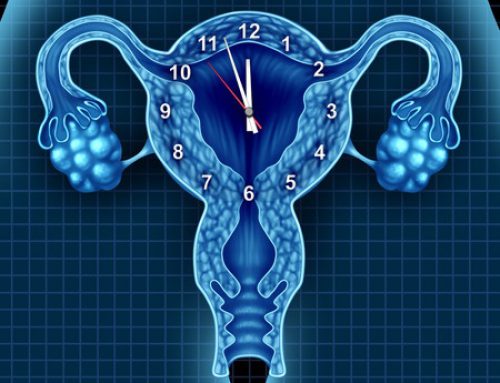Thyroid disease, particularly hypothyroid (underactive thyroid) is very common. Hypothyroid is typically treated with a daily dose of medication, such as Synthroid or Armor Thyroid. Many patients begin to feel better after they take their prescription, however, this relief is often short-lived. In some cases, the person begins to feel worse again and experiences a combination of hypothyroid and hyperthyroid symptoms (see chart below).
| Hyperthyroid (Overactive) | Hypothyroid (Underactive) |
|---|---|
| Anxiety | Fatigue |
| Weight loss | Weight gain |
|
Tremors/nervousness |
Lethargy |
| Heart palpitations | Hair thinning (especially the outer-third section of the eyebrows) |
| Insomnia | Pale or dry skin |
| Heat intolerance | Irritability and/or depression |
| Increased sweating | Puffiness in hands and feet |
| Itching and hives | Feeling cold |
So, what gives? The scenario becomes even more confusing for both the doctor and patient when labs are run to check the patient’s thyroid levels. In the classic case, lab results are normal, which suggests that the patient is on the right dosage of the thyroid medication. Burdened with unwanted symptoms, the patient feels frustrated and doesn’t know where to turn.
In many cases, the real culprit is an imbalanced immune system. Diseases such as Hashimoto’s Thyroiditis and Graves’ disease are traditionally thought of as thyroid diseases, however they are actually autoimmune conditions in which the immune system attacks the thyroid.
What is an autoimmune condition?
We are born with self-tolerance, an ability of the immune system to differentiate self from non-self. This means that the immune system can determine if something is a bacteria, in which case it will defend the body. It can also determine that something is an organ or gland, such as a lung, and leave it alone. When a person has chronic inflammation, they can develop an overzealous immune system that loses self-tolerance. The immune system, because it is so revved up, will start to attack its own glands and organs. The thyroid is often one of the initial glands affected by an imbalanced immune system, especially in women.
What happens when an autoimmune condition is being mistaken as a thyroid problem?
When an autoimmune tendency is causing a thyroid condition, the patient may develop a myriad of thyroid symptoms. Many thyroid patients are misdiagnosed with hypothyroid because the autoimmune tendency has been overlooked. Addressing an underlying autoimmune condition is very different than simply increasing or suppressing the amount of thyroid hormone in the body.
An autoimmune thyroid condition is detected by testing for thyroid antibodies. This is not part of the traditional thyroid panel. If thyroid antibodies are detected in high amounts, it means that the immune system has created antibodies directed at it’s own tissue. In this case, the treatment goal is now to balance the immune system.
Stay tuned for our next post, where we’ll address the treatments for thyroid disorders with an underlying autoimmune component. Think you might have an autoimmune component to your thyroid disease? This is one of the areas where Naturopathic medicine shines. Give us a call at 412-571-9355 or click here to request an appointment.Image Credit: David Berkowitz








